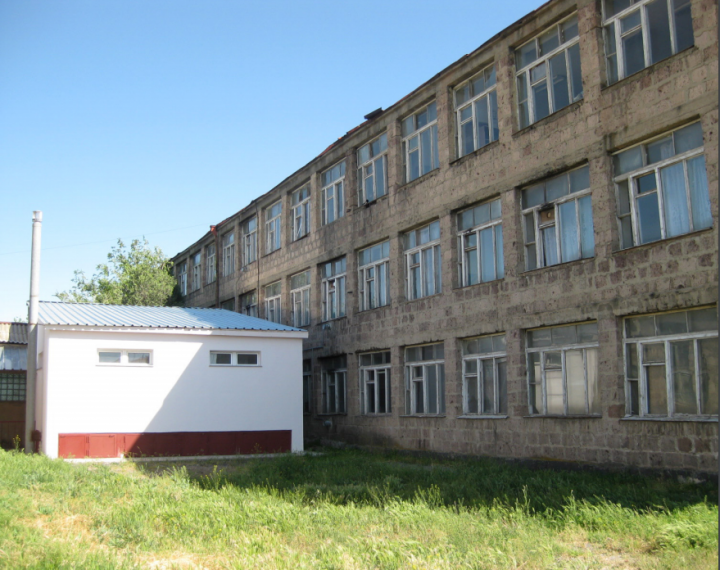Comparison of Students' Acceptance of Conventional and Ecological Sanitation in Rural Schools
Wendland, C., Jorritsma, F., Wienpahl, I., Herbst, S. (2019)

Published in: 2019
Pages: 20
Publisher:
wH2O The Journal of Gender and Water
Author:
Wendland, C., Jorritsma, F., Wienpahl, I., Herbst, S.
Uploaded by:
SuSanA Admin
Partner profile:
common upload
1312 Views
22 Downloads
In rural areas of Eastern Europe, the Caucasus and Central Asia (EECCA) without reliable piped water supply, the conventional school sanitation system – the pit latrine – is leading to hygienic and environmental problems. Urine diverting dry toilets (UDDT) have been demonstrated to be an alternative, ecological sanitation solution for rural schools of the EECCA region. This study compares the acceptance, perception and absenteeism of students at schools served by the two different sanitation systems (ecosan versus pit latrine), comprising 18 schools in six countries of the region. A combination of quantitative and qualitative data collection methods was applied: absenteeism data from official school records (only in Eastern Europe and the Caucasus (EEC), a standardized questionnaire, and focus group discussions (FGDs).Results of the EEC school records show that the intervention led to a significant decrease in monthly absenteeism; however, a bigger school sample size is needed to confirm the results. Overall, high acceptance of school toilets can be translated into sanitation conditions providing comfort, cleanliness and privacy. Both male and female students preferred the UDDTs compared to pit latrines in all studied countries. The acceptance is significantly higher inareas where pit latrines are predominant, as in Central Asia (CA), in contrast to EEC. The study highlights the impact poor quality sanitation has on students` fluid intake especially in CA. Girls benefit more from the intervention, as they suffer more than boys from the inadequate sanitation conditions of the common pit latrines in rural schools.
Bibliographic information
Wendland, C., Jorritsma, F., Wienpahl, I., Herbst, S. (2019). Comparison of Students' Acceptance of Conventional and Ecological Sanitation in Rural Schools. wH2O The Journal of Gender and Water
Filter tags
English














